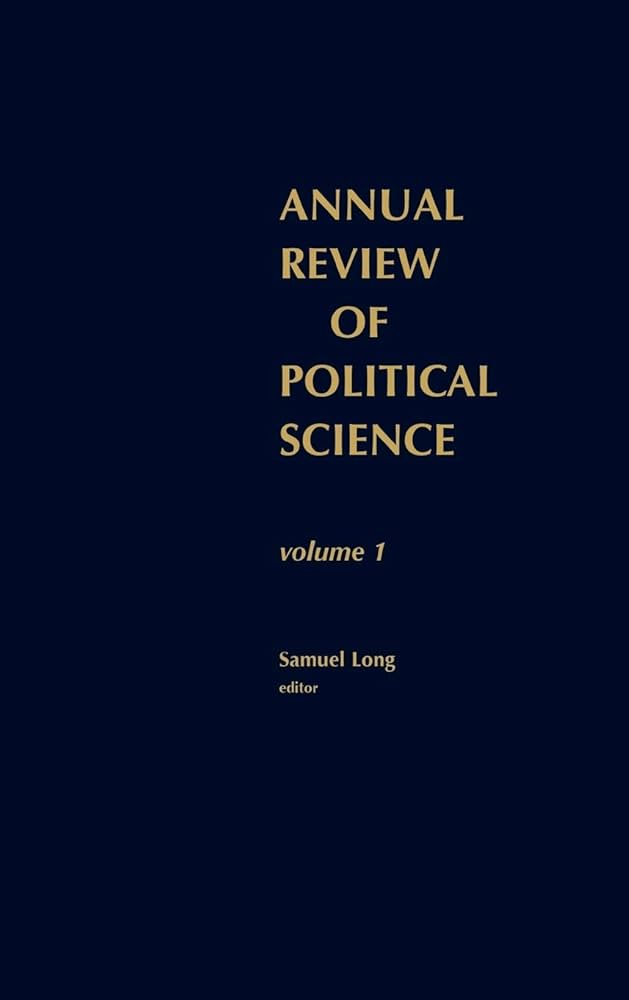不那么公民:民族民族主义和公民民族主义有区别吗?
IF 9.5
1区 社会学
Q1 POLITICAL SCIENCE
引用次数: 47
摘要
有些政治理念比其他理念更适合理论框架,这是有原因的。本文分析了民族主义去理论化的尝试,认为它们有三个主要功能。首先,他们将民族主义者从普遍化他们的论点和随之而来的权利和义务中解放出来。其次,他们允许对手把民族主义说成道德上不如其他政治立场。第三,它们导致一种由原则驱动的特定形式的民族主义被挑选出来并合法化。划分不同形式的民族主义——由原始情感驱动的民族主义和由理性和普遍原则驱动的民族主义——为区分种族民族主义和公民民族主义奠定了基础。虽然从理论上讲,这是两种不同形式的民族主义,但实际上,边界是模糊的。然而,公民民族主义的提倡者们仍然保持着这种区别,希望与另一种形式的民族主义保持距离,并推动一种无民族民族主义的愿景(有人会说这是一种幻觉)。假设西方民主国家已经超越了国家和种族因素,就会鼓励政治家们忽视社会分裂,避免应对其后果的需要。因此,公民语言不仅在理论上是不准确的,而且在需要采取行动时还会引发回避。本文章由计算机程序翻译,如有差异,请以英文原文为准。
Not So Civic: Is There a Difference Between Ethnic and Civic Nationalism?
There are reasons why some political ideas fit better into a theoretical framework than others. This article analyzes attempts to detheorize nationalism, arguing that they serve three major functions. First, they free nationalists from universalizing their arguments and from the ensuing rights and obligations. Second, they allow its rivals to present nationalism as morally inferior to other political standpoints. Third, they lead to the singling out and legitimization of one specific form of nationalism that is principle driven. Drawing a line between forms of nationalism—those motivated by primordial feelings and those motivated by rational and universal principles—lays the groundwork for a distinction between ethnic and civic nationalism. Though in theory these are two distinct forms of nationalism, in reality the boundaries are blurred. And yet advocates of civic nationalism keep the distinction alive, wishing to distance themselves from the other form of nationalism and promoting a vision (some would say the illusion) of a nationless nationalism. Assuming that Western democracies have transcended their national and ethnic elements encourages politicians to ignore social schisms, avoiding the need to cope with their consequences. The civic language therefore not only is theoretically inaccurate but also motivates avoidance where action is needed.
求助全文
通过发布文献求助,成功后即可免费获取论文全文。
去求助
来源期刊

Annual Review of Political Science
POLITICAL SCIENCE-
CiteScore
15.20
自引率
4.60%
发文量
23
期刊介绍:
The Annual Review of Political Science has been published since 1998 to provide comprehensive coverage of critical advancements in the field. It encompasses a wide range of subjects within Political Science, such as political theory and philosophy, international relations, political economy, political behavior, American and comparative politics, public administration and policy, and methodology.
 求助内容:
求助内容: 应助结果提醒方式:
应助结果提醒方式:


